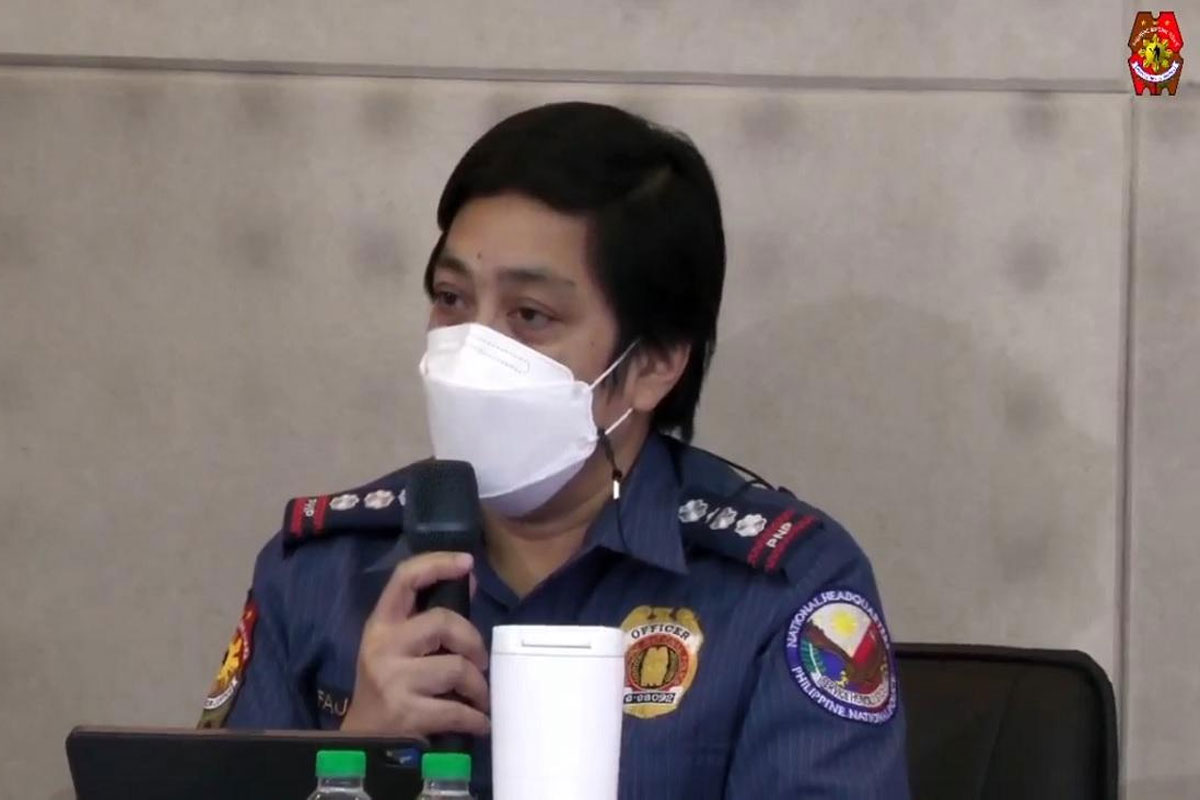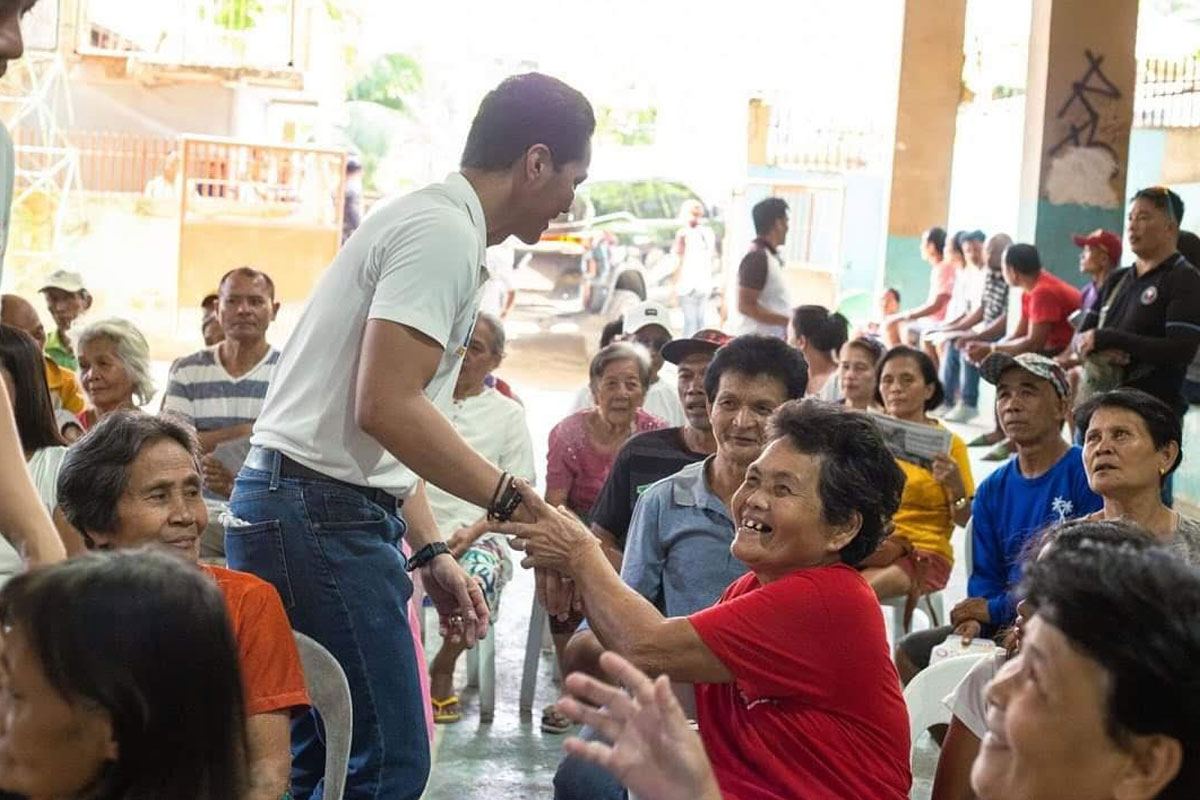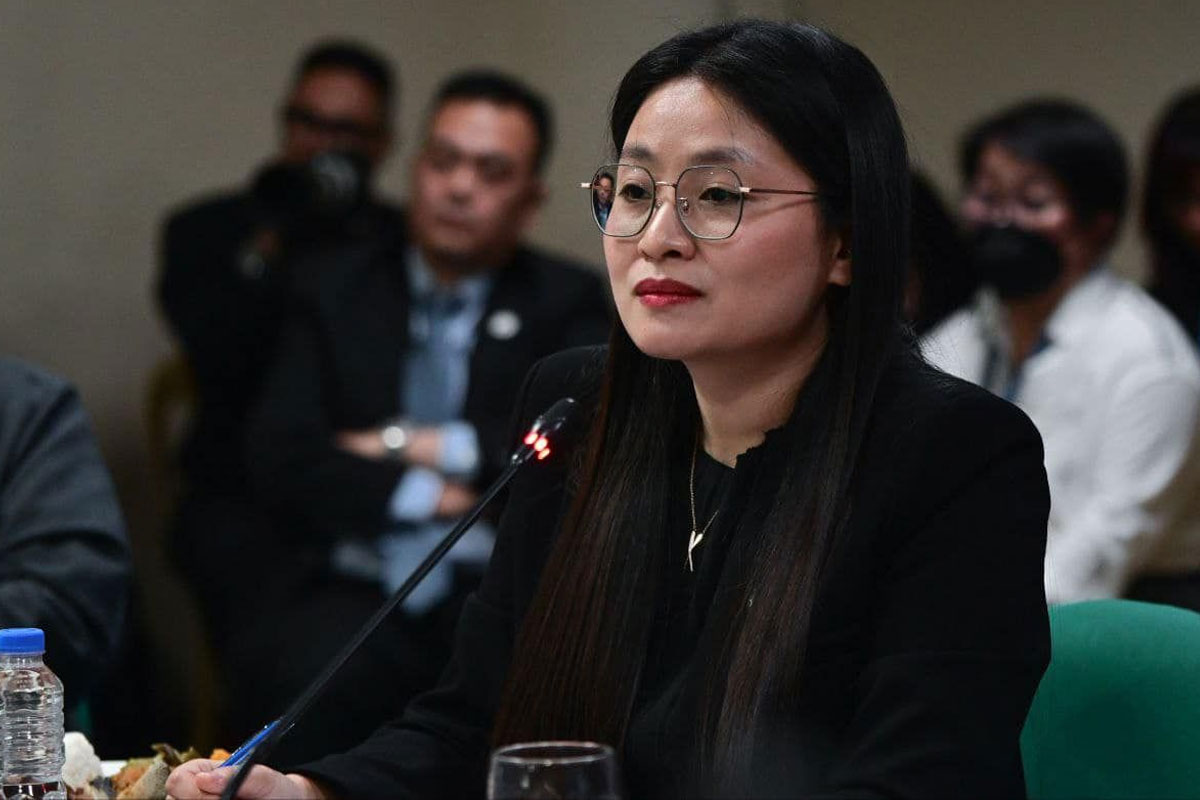
Quimbo seeks bicam panel to fix ailing health care system
MARIKINA City Rep. Stella Luz Quimbo is proposing the creation of a joint committee from the Senate and the House of Representatives to evaluate and help find a targeted solution to the nation’s ailing health care system.
In a resolution filed on November 8, Quimbo underscored the need to urgently address the dire state of the Philippine health care system, characterized by “poor health outcomes, lack of access to quality care and inefficient allocation of resources.”
The committee that Quimbo is pushing will be responsible for the thorough review, assessment and evaluation of the performance of the offices involved in providing access and financing of health care and will serve as the first step toward a potential overhaul of the system.
Under Quimbo’s proposal, five senators and five representatives will compromise the joint committee, which will be co-chaired by the chair of the Senate Committee on Health and Demography and the House chair of the Committee on Health.
She lamented the inequities and inefficiencies that continue to plague the health care system, even with the implementation of landmark health care reform pieces in the last three decades.
These include the creation of a National Health Insurance Program (RA 7875), the devolution of health care to local governments (RA 7160), the promotion of the use of generic drugs (RA 6675) and the universality in PhilHealth coverage (RA 11223), along with other reform initiatives such as the Department of Health’s “Health Sector Reform Agenda,” the “FOURmula One (F!)” and the F1 Plus for health, Kalusugang Pangkalahatan.”
She added: “Almost half of patients covered by PhilHealth pay for their medical expenses out-of-pocket and that any reimbursements by PhilHealth are insufficient to cover hospital expenses.”
The representative from the second district of Marikina also shared alarming statistics to prove her point, saying that current trends show that four out of 10 registered deaths occur outside the care of a medical professional and that almost 93% of Filipinos choose to self-medicate instead of seeking professional help when they are sick.
The numbers suggest, Quimbo said, the lack of access to a medical professional even in the face of fatal medical conditions.
Without a much-needed reform, Quimbo warned that the country is facing a resurgence of HIV infections, continuing to fail in the treatment of tuberculosis, a rise in the number of deaths of children from malnutrition and a continuing failure to meet targets in efforts to address infant mortality rate and teen pregnancy.
Compounding the healthcare crisis, according to Quimbo, is the shortage of doctors and nurses that the Philippines continues to lose to better opportunities abroad. In 2021 alone, some 316,000 nurses went overseas to practice their profession.
Quimbo said that despite a significant surplus in PhilHealth’s resources, members consistently complained of disproportionate amounts in reimbursements in hospitalization costs and failure to pay or long delays in payments.
“Despite its noble intent, PhilHealth is yet to meet its targets,” she said, further stating that its “failures and doubts on its readiness warrant a reassessment and a review of its implementation strategies.”
In addition to expanding access and financing, she said efforts should also be stepped up in data collection and health information sharing systems, which she deemed to be crucial in healthcare delivery.



















